What Is a Section 174 R&E Expenditure?
Section 174 defines R&E expenditures as “expenditures incurred in connection with the taxpayer’s trade or business which represent research and development costs in the experimental or laboratory sense” and includes “all such costs incident to the development or improvements of a product.”
What has Changed?
Historically, taxpayers had two options for the treatment of Section 174 R&E expenditures:
- the expenditures could be deducted in the current tax year (“current expense method”), or
- the expenditures could be capitalized and amortized.
Under amendments made by the Tax Cuts and Jobs Act (“TCJA”), the current expense method is no longer available for taxable years beginning after December 31, 2021. Instead, taxpayers will be required to capitalize and amortize R&E expenditures.
- Five–year amortization period for U.S.-based research, beginning with the midpoint of the tax year in which the expenditure is paid or incurred (i.e., recovery is spread over 6 taxable years. )
- There is a 15-year amortization period for foreign-based research (i.e., recovery is spread over 16 taxable years).
- Software development costs are governed by new mandatory rule.
- No deduction is allowed upon disposition, retirement, or abandonment.
Best Practices
We’re in the process of developing best practices when it comes to Section 174. There have been a lot of questions around Section 174, lately. Here are some of the questions we are working on.
- Can a taxpayer use Section 41 QREs or financial statement R&D amounts as its Section 174 amount?
- What are “incidental” costs? How should they be quantified and/or allocated?
- How broadly should a company define software development?
- My company does not perform any R&D. Do any steps need to be taken to address mandatory R&E capitalization?
- How does a company treat R&E costs “funded” by another party?
- How should a company treat disposed, retired, or abandoned R&E assets? What constitutes an asset being disposed, retired, or abandoned?
- What other areas of the tax return may be impacted by Section 174 mandatory capitalization?
- Do I need to make a Section 280C election?
- Do I need an accounting method change to adopt the Section 174 changes?
Interested in learning more about Section 174? We have a team of experts ready to help. Request a consultation, now.
Disclaimer: The information above is subject to change, as the IRS may implement additional guidelines in the future. The information on this website is for general information purposes only. Nothing on this site should be taken as legal advice for any individual case or situation.





